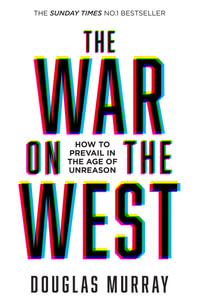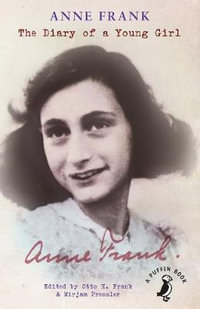"Vayntrub expertly navigates her way through the genres of biblical poetry and the history of scholarship, providing a lucid explication of the Bible's representation of poetry as oral performance and instruction. An elegant and erudite contribution to a new wave of studies of biblical poetry." - Ronald Hendel, University of California Berkeley, USA
"Beyond Orality: Biblical Poetry on its Own Terms is necessary for any biblical scholars interested in poetry, literary cultures, or orality. Moreover, even folks outside of biblical studies will find Beyond Orality to be of interest on account of Vayntrub's discussion of how the Great Divide has played out in biblical scholarship for the last 400 years [...] it is, undoubtedly, necessary in the Religious Studies section at any serious university." - The Biblical Review
"Beyond Orality is an indispensable work on aesthetics, hermeneutics, and book history for the biblical philologist. As a work of methodology, however, it is even more important given the idea it represents. Vayntrub demonstrates that even our most basic modern literary categories, such as "prose" and "poetry", are not probative universals but the accidents of history. In a sense, Vayntrub has found a way to make her sources do criticism, a development that philology has awaited since the colonial critique. Beyond Orality reintegrates theory and philology in an enviable but imitable way, giving scholars of ancient literary traditions - be it Akkadian, Sanskrit, Chinese or K'iche' - all the tools they need to adapt her approach to other ancient textualities." - Reading Religion
"Vayntrub's work contributes significantly to the landscape of the study of biblical poetry. Her emphasis on using terms found in the text to describe the literary types encountered therein offers a shift away from the endless, and often fruitless, discussion to define biblical poetry. By interrogating the presuppositions of all interpreters and the influence of their own social-historical context, we might yet free the biblical text to possess its own imaginative language (what we call poetry) that is understood on its own terms." - Review of Biblical Literature
"Vayntrub's monograph is a masterclass in the metacriticism of the field of biblical studies. It encourages readers to trace the roots of their working assumptions and (re)consider the factors upon which they are based. Vayntrub's work demands the scrutiny of axioms that have long been suspended only by slender threads, and shows the reader how to observe those threads. But it also points to how biblical studies may flourish through the engagement of new theoretical approaches that have greater durability and potential. Beyond Orality: Biblical Poetry on its Own Terms is a major contribution to the field, and scholars even beyond the area of biblical studies will benefit from the insights it shares and the pathways it forges." - Studies in Religion / Sciences Religieuses
"In Beyond Orality, Jacqueline Vayntrub demonstrates that the scholarly pursuit of original ideas is not an effort in futility. Vayntrub walks a welltrodden path and invites her readers to see the path in a new light. Her work is prodigious because she seeks to rethink the essence of biblical poetry, reframe the meaning of mashal, critique the standard approach to the development of biblical literature, and contribute to the debate about the "oral" and the "written" in biblical literature"... Beyond Orality is groundbreaking research in the field of biblical poetry and, hopefully, the work will exert influence in the field." - Southern Theological Review























